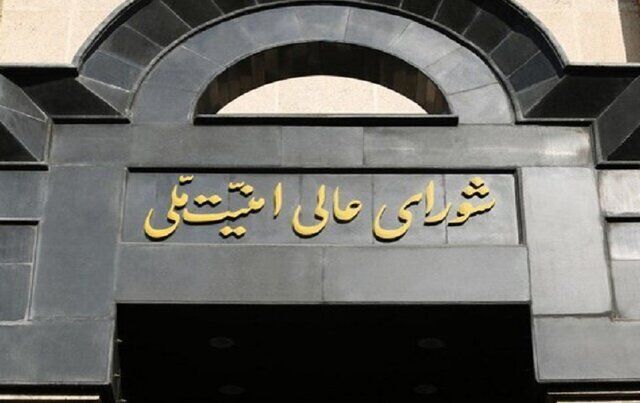
Similar Posts
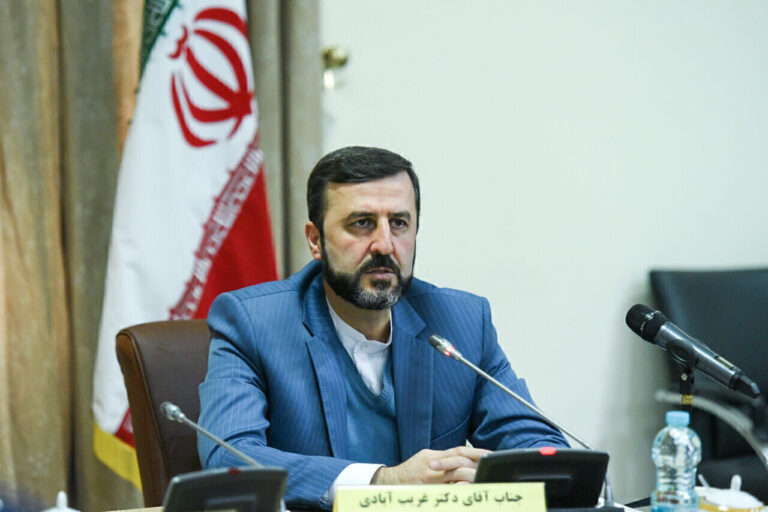
Iran Set to Engage in Key Talks with European Troika in Upcoming Weeks
Iran’s Deputy Foreign Minister Kazem Gharibabadi announced potential renewed talks with the European troika within three weeks, focusing on issues like sanctions and nuclear negotiations. He reiterated Iran’s commitment to diplomacy, emphasizing that negotiations will not be dictated by external pressures, particularly from the U.S. Gharibabadi highlighted the importance of dialogue with European nations, following recent meetings in Geneva and New York. He affirmed Iran’s stance of not exiting negotiations and its readiness to respond positively to constructive steps from others. The discussions aim to address mutual interests while ensuring Iran’s national interests remain central.
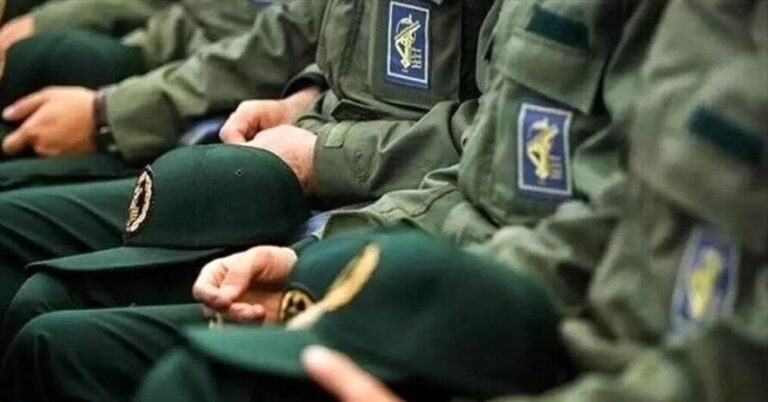
Foreign Ministry Strongly Condemns Paraguay’s Actions Against the IRGC
The Director General for America at Iran’s Ministry of Foreign Affairs, Issa Kameli, condemned Paraguay’s actions against the Islamic Revolution Guard Corps (IRGC), labeling them as illegal and unjustifiable violations of international law. He expressed disappointment over Paraguay’s alignment with what he described as the genocidal Israeli regime and asserted that the Paraguayan government holds international responsibility for its actions. Kameli characterized Paraguay’s maneuvers as a dangerous heresy influenced by Israel, aimed at distracting from the ongoing genocide in Gaza. He further suggested that Paraguayan policymakers are complicit with those facing prosecution by the International Criminal Court.
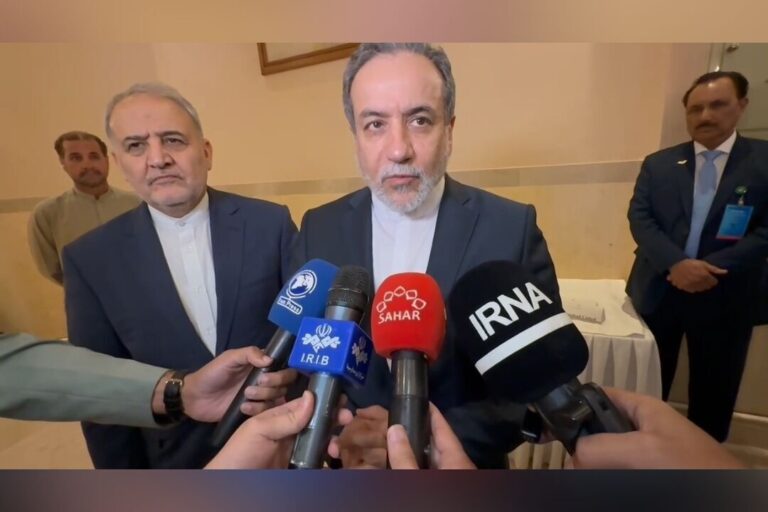
Iran Prioritizes Strong Relations with Pakistan and India, Says Araqchi
Iran’s Foreign Minister Abbas Araqchi emphasized the significance of Iran’s relations with Pakistan and other regional countries ahead of his visit to Islamabad. He aims to enhance bilateral cooperation and address regional issues during his trip. Araqchi highlighted the importance of the Iran-Pakistan relationship and its connections with nations like India. Key objectives include reviewing and improving cooperation, addressing regional tensions, and urging all parties to exercise restraint. His visit underscores Iran’s commitment to fostering positive regional relationships and collaboratively tackling pressing issues.
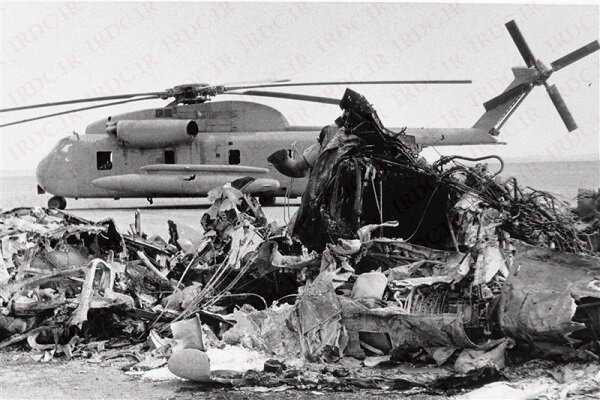
Op. Eagle Claw: Unraveling the Historic US Army Failure in Iran’s Tabas Operation
On April 24, 1980, the US military launched Operation Eagle Claw, aimed at rescuing 52 hostages held at the US Embassy in Tehran. Ordered by President Jimmy Carter, the mission failed due to a severe sandstorm in the Tabas desert, leading to the tragic loss of eight U.S. commandos. The operation followed the 1979 Islamic Revolution, which severed diplomatic ties between the US and Iran. The failure significantly impacted Carter’s presidency and was seen by Iranian leader Imam Khomeini as divine punishment for U.S. aggression. The legacy of Operation Eagle Claw continues to shape US-Iran relations today.
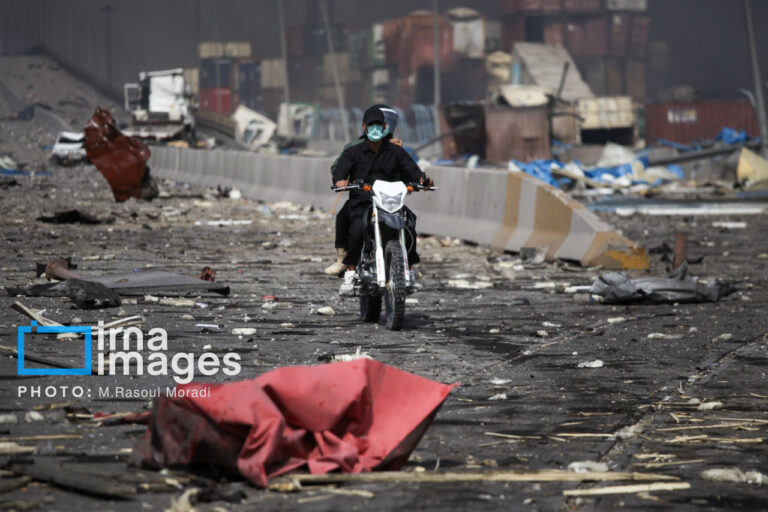
UN Expresses Condolences for Tragic Explosion at Southern Iranian Port: A Call for Global Support
A recent explosion at Shahid Rajaee port in Bandar Abbas, Iran, has caused at least 14 deaths and over 700 injuries, leading the United Nations to express condolences. Stéphane Dujarric, spokesperson for the UN Secretary-General, conveyed sorrow for the casualties and emphasized the need for improved safety at global ports. The explosion, involving a fuel tanker, also resulted in significant destruction and impacted local industries. The cause of the incident remains unknown. This tragic event highlights ongoing safety concerns at major ports and the urgent need for enhanced protective measures.
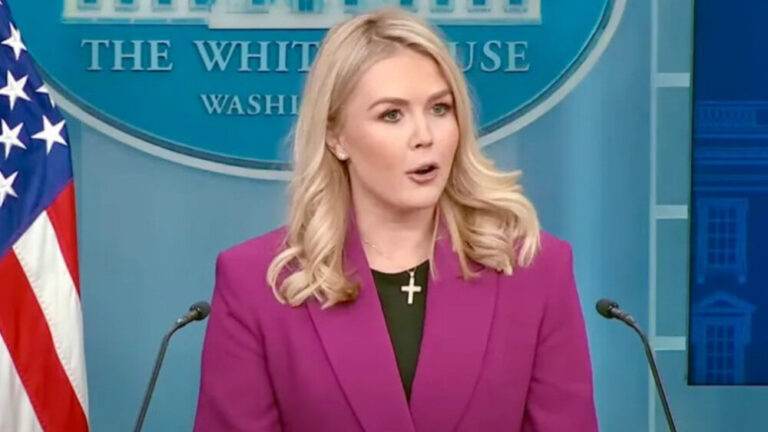
White House Confirms Direct Talks Between US and Hamas: What It Means for Peace Efforts
The Trump administration is actively addressing the situation of American captives in Gaza, with envoy Adam Boehler engaged in discussions to negotiate their release. White House Press Secretary Karoline Leavitt emphasized the importance of these talks, which have included covert meetings with Hamas officials in Qatar. The U.S. has classified Hamas as a terrorist organization since 1997, amid ongoing hostilities in Gaza. Despite a ceasefire agreement reached in January 2024, Israel has reportedly violated it, resulting in significant Palestinian casualties. Currently, Hamas holds 59 captives, down from 240. U.S.-Israeli relations are complex as communication discrepancies persist.